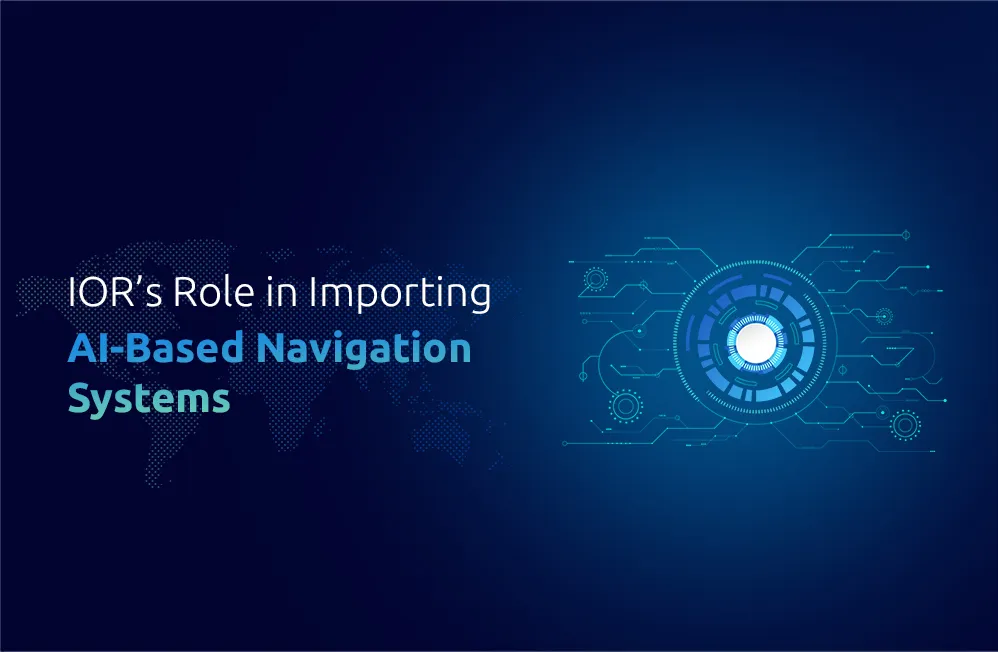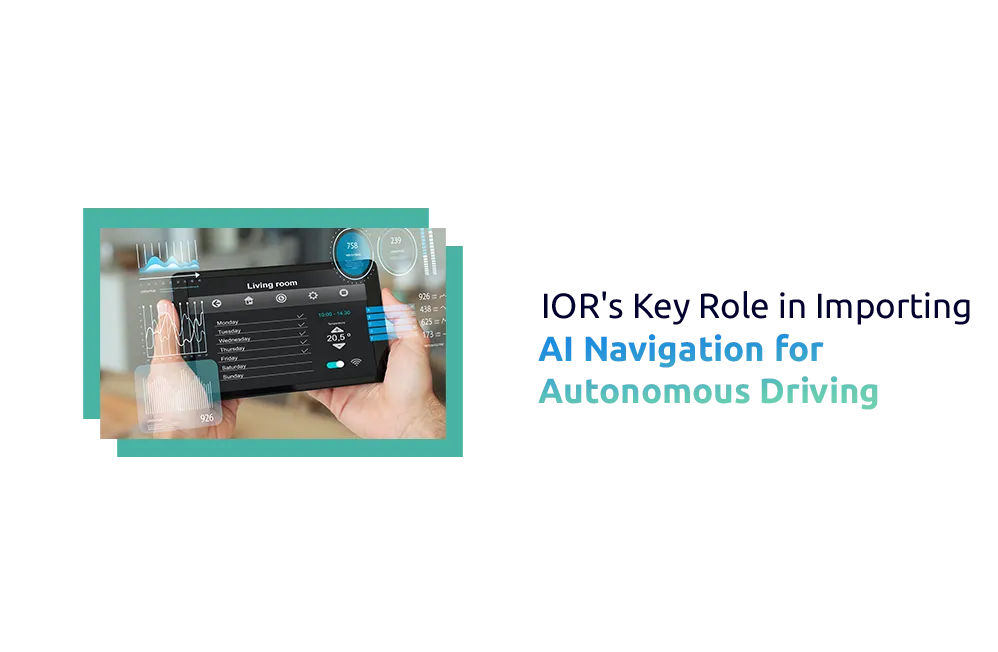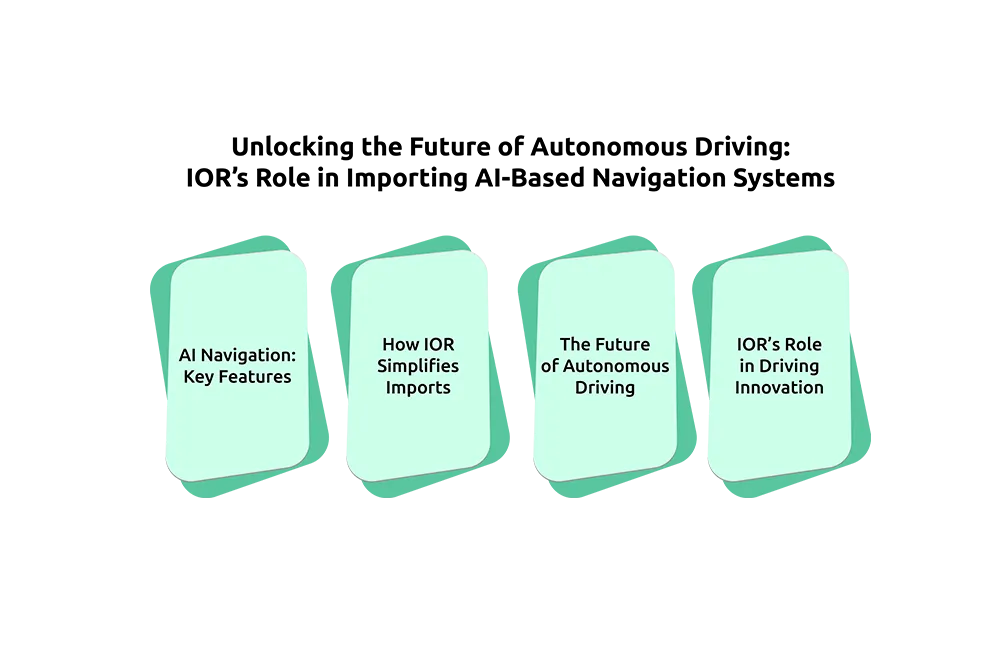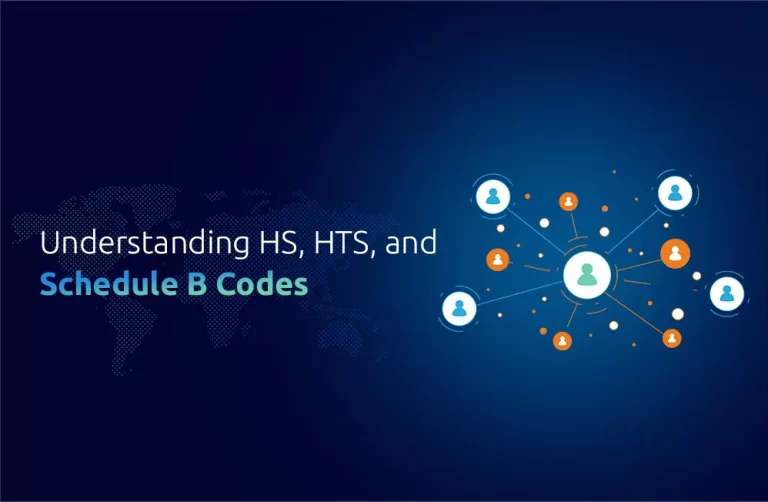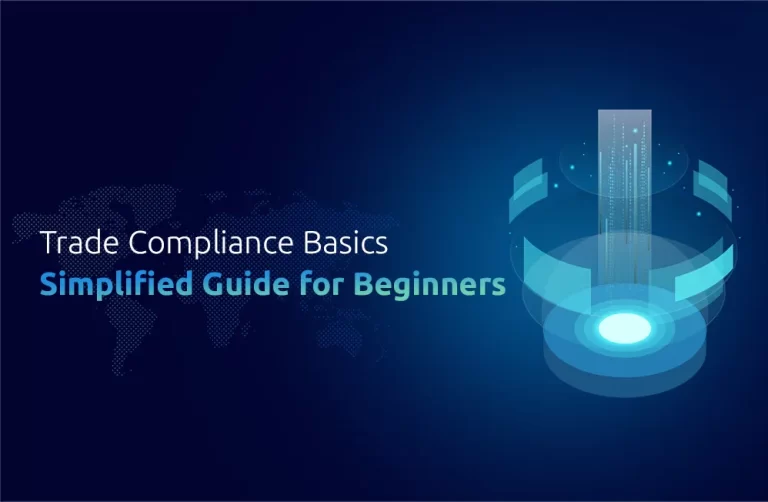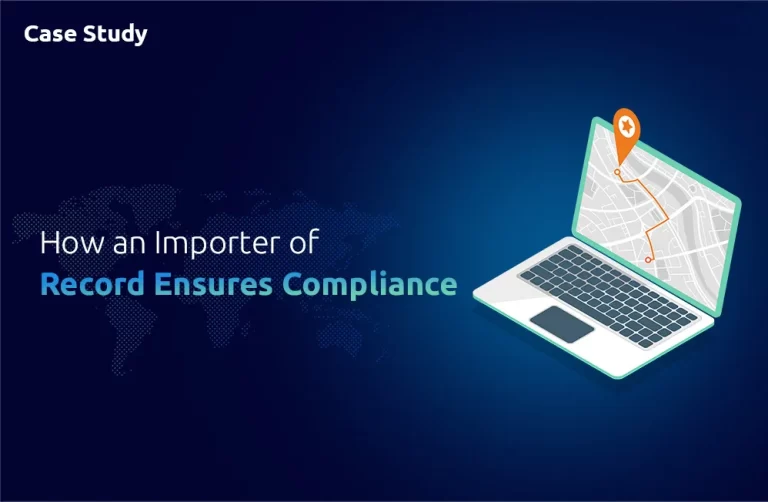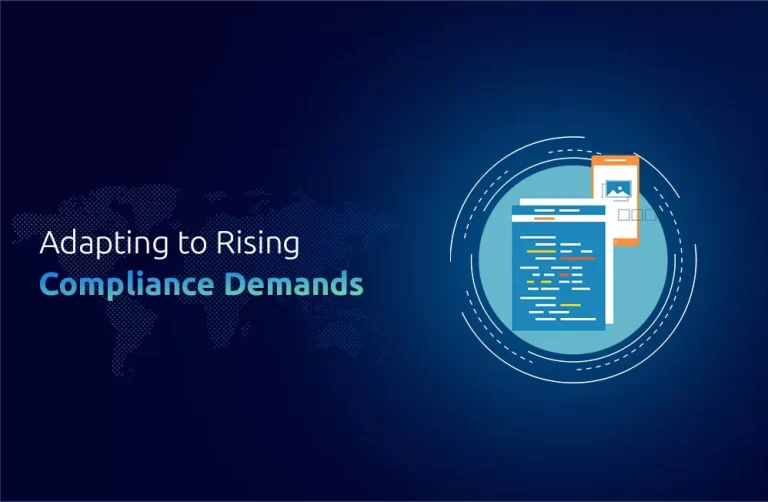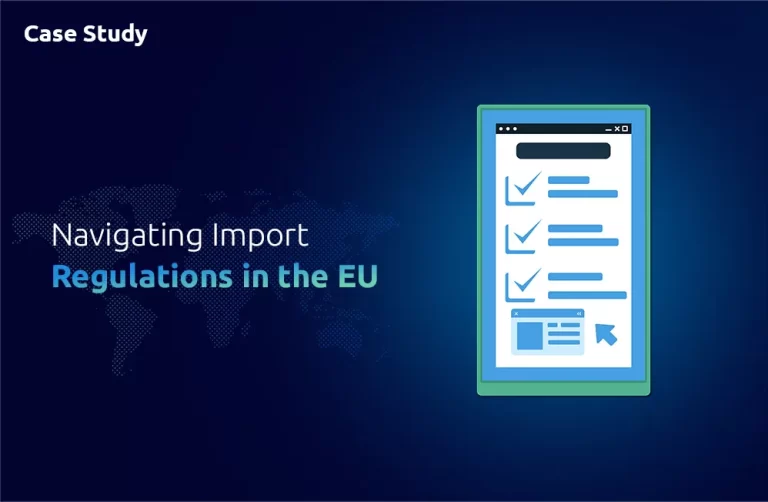Introduction to Autonomous Driving and AI Navigation
Autonomous driving represents the pinnacle of technological innovation in transportation, offering to transform how we travel. At its heart lies AI-based navigation systems that empower vehicles to make decisions in real-time while remaining safe and efficient on journeys.
These advanced algorithms process sensor, camera and GPS data and create roadmaps towards smarter mobility – an approach which has gained increasing traction worldwide. For stakeholders in various industries involved with autonomous vehicle adoption worldwide, an understanding of these intricate mechanisms driving innovation is crucial.
AI-Based Navigation Systems
Artificial Intelligence-based navigation systems form the cornerstone of autonomous vehicles. Relying on real-time data processing to analyze traffic conditions and predict optimal routes while avoiding potential hazards, sensors like LiDAR and radar supplement this intelligence by continuously feeding in environmental data streams to this intelligence. Route optimization algorithms also assist vehicles in reducing fuel consumption and travel times, which directly benefit consumers and the environment.
Importer of Record (IOR) is an Essential Player in Global Technology Distribution
An Importer of Record (IOR) plays an indispensable role in global technology distribution, including AI-powered navigation systems. Serving as an intermediary between manufacturers and international markets, these IORs manage the legal and regulatory complexities associated with importing cutting-edge tech – from obtaining import licenses to complying with trade laws – they serve as essential liaisons.
Importing AI-Based Technologies for Autonomous Vehicles The Global trade of AI technologies presents its own set of unique challenges. Importing components for autonomous vehicles often necessitates navigating strict regulations governing importation; several countries even impose additional laws regarding AI systems for data security reasons, which can add further complications when trying to import components for autonomous vehicles.
Compliance challenges present another formidable barrier. Ensuring imported technologies meet local standards requires thorough documentation and in-depth knowledge of international trade laws. At the same time, AI-powered systems may deal with vast quantities of data, raising security concerns during transit and following local privacy regulations in target markets. Companies should implement safeguards to protect sensitive data during transport while meeting privacy regulations in destination markets.
Further complicating supply chains is international shipping law and logistics complexity, including factors like tariff structures, customs procedures, geopolitical considerations and geoeconomic considerations that add further complications to import processes. IORs play an integral part in helping their clients overcome such challenges; their services can make an invaluable difference to any import operation.
How IOR Facilitates the Seamless Implementation of Innovative Technologies into the Market
IORs play an invaluable role in the introduction of advanced technologies into global markets. By streamlining supply chain processes, they ensure AI-powered navigation systems arrive without delays; furthermore, their expertise in trade compliance allows manufacturers to overcome regulatory hurdles, making for smooth market entry.
Market entry strategies crafted by IORs can be extremely helpful for emerging technologies. IORs offer insight into local market dynamics, helping companies tailor their offerings to consumer demands and regulatory expectations more easily. IORs also address logistical hurdles to ensure components arrive quickly and cost-effectively.
Manufacturers that enlist IOR services can focus their energy on innovation and market expansion while rest assured that all the complexities of global trade will be expertly managed – not only speeding up the deployment of autonomous vehicle technologies but also cutting costs associated with noncompliance or delays.
Future Outlook of Autonomous Driving with Effective Import Strategies
AI navigation systems promise an exciting future of autonomous driving, offering breakthrough advancements from enhanced vehicle safety to the launch of self-driving fleets. Effective import strategies will play a pivotal role in realizing this potential, helping manufacturers bring their innovations efficiently to global markets.
Opportunities in autonomous vehicle technology deployment are many. The global autonomous vehicle market is projected to experience compound annual compound growth of 22% between 2023-2030 due to increasing consumer demand and technological developments. Governments worldwide are investing in smart infrastructure projects that will make a perfect environment for the adoption of autonomous vehicles.
IORs will continue to play an integral role in shaping autonomous driving’s evolution by ensuring supply chains remain reliable and compliant. By helping remove trade barriers and facilitate technology integration, they will shape a future where autonomous driving becomes the norm.
Conclusion:
The journey towards autonomous driving has already started in earnest. AI-based navigation systems are revolutionizing transportation, making travel safer, more efficient, and environmentally friendly – yet global deployment of these technologies presents considerable obstacles to be surmounted.
Manufacturers can take advantage of IOR services to ease the complexities of international trade & concentrate on innovation. Integrating advanced technologies seamlessly into markets worldwide will lead to a transformative era in transportation; with ONE UNION SOLUTIONS’ support, the future of autonomous driving lies within reach.
Did You Know that
a 2023 report by the International Trade Administration-ITA projected that by 2030, the global market for AI-powered navigation systems is calculated to reach $50 billion?
FAQ’s
- Define Importer of Record
Ans: IOR is responsible for assuring goods comply with local import laws, overseeing customs paperwork, and fulfilling tax and tariff obligations during international trade.
- Why are artificial intelligence/AI-powered navigation systems important for autonomous vehicles?
Ans: AI-powered navigation systems enable real-time decision-making, increase safety, optimize routes and boost overall vehicle efficiency.
- What are the challenges associated with importing AI technologies for autonomous vehicles?
Ans: The main challenges involve compliance with import regulations, cybersecurity threats, differing international shipping laws, and the management of customs documentation.
- How does IOR facilitate global technology distribution?
Ans: IORs specialize in handling the complex process of trade compliance, streamlining supply chains and providing expert guidance in navigating international regulations to facilitate market entry seamlessly.
- What’s the projected growth of autonomous vehicle market?
Ans: The global autonomous vehicle market is projected to experience compound annual compound growth rates of 22% from 2023-2030 due to technical progress & rising consumer demand.

